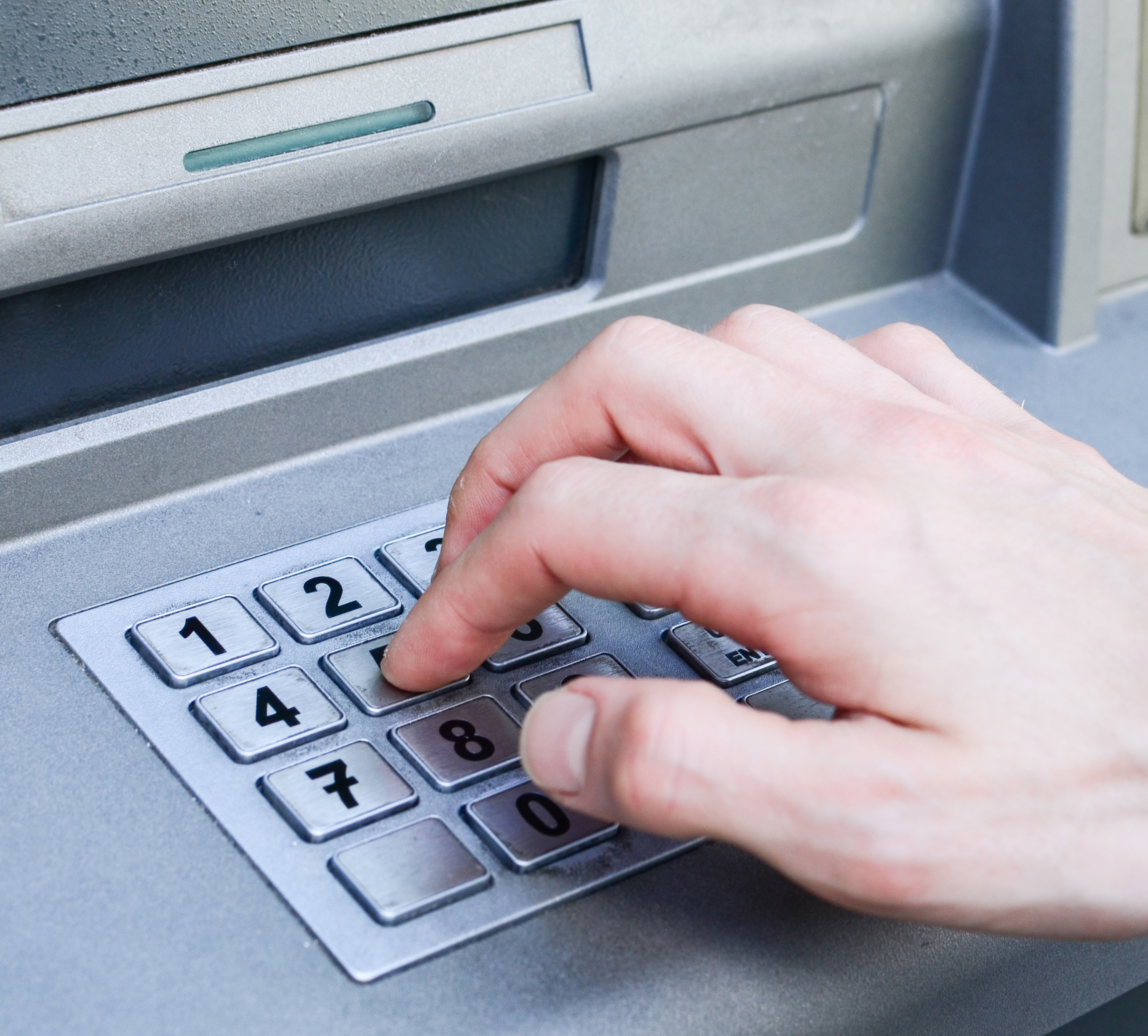News
A quarter of free ATMs gone in past three years

Between 21% and 27% of free-to-use cash machines in the UK have disappeared since 2018, as more ATMs charge users a fee to access their money.
Research by Which? has found a spike in the number of people forced to pay to withdraw their own money from ATMs.
Its research shows that some areas, including some of England’s most deprived areas, have seen a significant shift from free-to-use cashpoints to machines that charge up to £2 per withdrawal.
A year on from the chancellor’s pledge to legislate to protect cash, Which? says its findings highlight the need for urgent clarity and direction from the government on the role of cash in the future.
Since 2018, two Birmingham constituencies – Hall Green and Hodge Hill – have seen 44% and 40% reductions in free-to-use ATMs respectively, but both had a 59% increase in pay-to-use machines.
Nottingham East has seen 43% of free cash machines closed, but an 11% increase in pay-to-use machines.
All three locations are within the top 10% for deprivation in England.
Which? says the results are particularly concerning as previous research has shown that those in more deprived areas are more likely to use cash.
Harrow East and Feltham and Heston – both in London – have seen the largest fall in the number of free-to-use ATMs, dropping by 56% and 46% respectively, while the number of pay-to-use machines has increased by 27% and 67%.
Although the shift towards digital payments does mean that demand for cash will inevitably reduce, Which’s latest research shows that there are still more than two and a half million people in the UK who rely on it.
Gareth Shaw, head of money at Which?, said: “Everyone should have reasonable access to their own money without having to pay. Yet our research shows free cash machines are vanishing at an alarming rate – often in areas where people need them most.
“ATMs are only one piece of the jigsaw, and the government needs to swiftly set out its plans for the future of cash.
“Legislation is a fundamental part of this, and there is an urgent need for a clear timeframe for when it will be in place, so that industry and regulators can work with the government to ensure that cash is protected as a payment method for those who have no other option.”